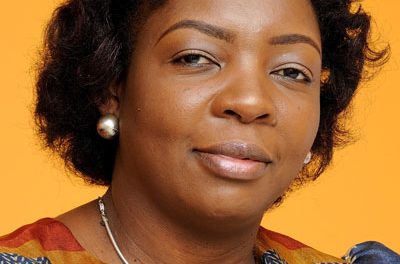
Offbeat 27 October 2016
Time is a form of geography. We move from place to place, with only the illusion that a physical location keeps us in the same place. But time changes the places we find ourselves in, and the greater the distance in time, the more different the place. Yesterday is different from today. Last year is different from this year.
I started writing these columns over eleven years ago. The world has changed beyond recognition. The streets and places are mostly still here, they look more or less the same, but they are different.
In the last two weeks, a neighbourhood watch has been set up in my street. It has changed the reality of the place. I have lived in quiet isolation, with occasional trips to the pub, to see people. I don’t see many people, so sometimes I need a kind of reality check and the grounding of knowing that there are others out there, that there is more to the physical world than just the sound of vehicles outside.
The street watch brings a different kind of reality now. I hear of cars being broken into, an attempt at a violent theft of a laptop, a home invasion by a gang of thugs. There is a clear socio-economic reason to the thing. Drought forces people from the rural areas to come to the city. The new arrivals are absorbed by the support network of extended families and friends, but limited resource get stretched and people on the margins have to shift in the direction of crime. Reality can be an ugly thing.
I had relied on the street as my personal utopia. Now maintenance of that utopia relies on alertness backed by paranoia. There are hundreds of stories and films about this topic. They are all classified as dystopian in the list of genre fiction.
What it also brings home to me is the massive level of connection we have now. The street watch runs on Whatsapp. The group has more than 200 members as far as I can tell. I didn’t know there were so many people living on the street. It’s only a couple of hundred meters from end to end. I am now connected to all those people by a shared interest in the health of our residency.
Linked in is difficult to describe. I hope that the business network I have there leads to more business. I don’t know that it will. More and more it begins to resemble Facebook.
Facebook makes my life almost impossible. It resembles the gossip that punctuates an office, but gossip only requires ears. Facebook demand that I open it every now and then to see what people are saying and to share stuff. In my case, it is not just a question of pressing like. I am verbose, or at least my fingers are, so I spend a fair amount of time writing down thoughts. Those thoughts interrupt other thoughts, like work, and so the day stretches out. I have it almost under control now, with evenings and early mornings.
Generally, social connectedness fragments everything. Once upon a time I waas the only one in the pub using a mobile, and on very rare occasions, someone would bring a laptop in, at which the whole place would gawk. Now everyone seems to sit at the bar, in a row, using phones. Sometimes groups form to chat, but these are far fewer now.
The social geography of the world has changed, almost beyond recognition.
The mental geography has changed as well. I started writing these columns because I needed to discipline myself to think about something, anything, at least once a week. I understood that I ran the risk of slipping into mental torpor and ennui by accepting boredom.
Today boredom is under threat. There is always at least one thing that claims my attention, but usually three or four things, driven by the web.
As I scan the posts on Facebook, leading off to articles, I never have empty spaces in my mind.
Those empty spaces are important because they can be filled with thoughts that I put together for myself. I have the sense that I am not thinking enough now, just responding to the thoughts of others.
Boredom is important but the world continues to change. Connectedness is important, but too much is too much.











































